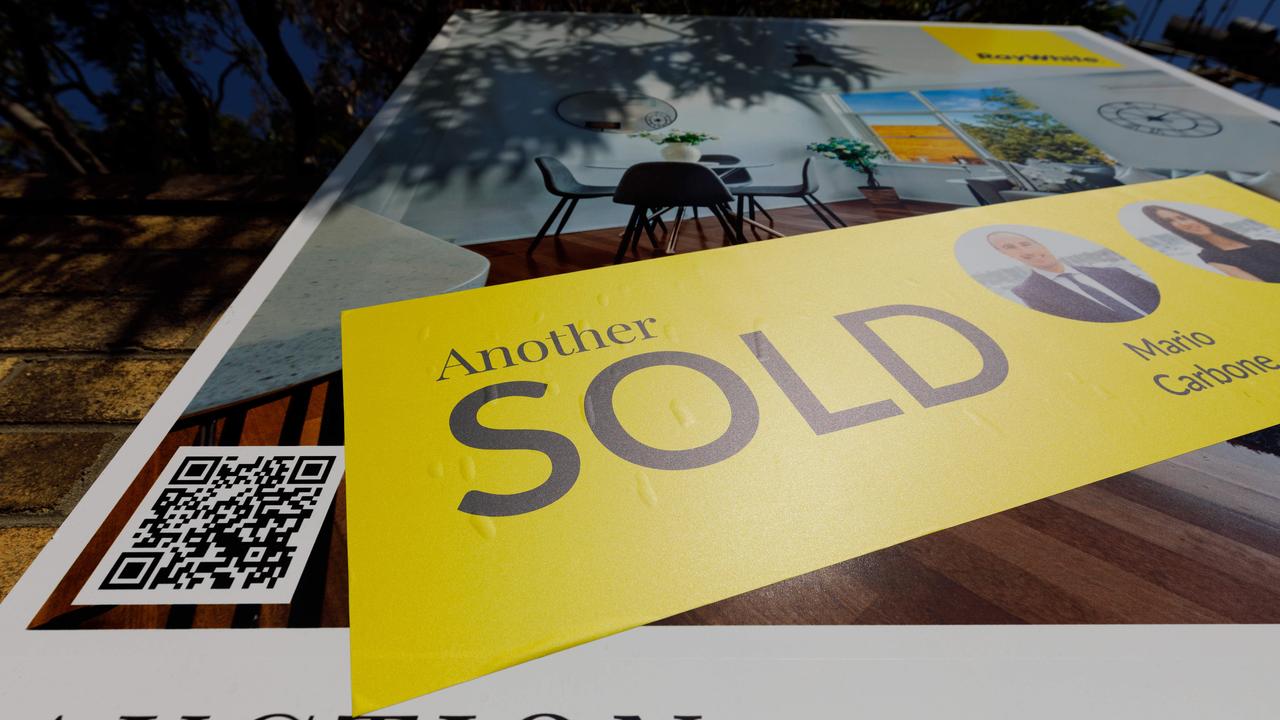Report reveals biggest struggle in the fight for Australian voters
We’re knee-deep into the election campaign with ScoMo and Albo hitting voters hard with relentless messages. But here’s why they may be wasting their breath.
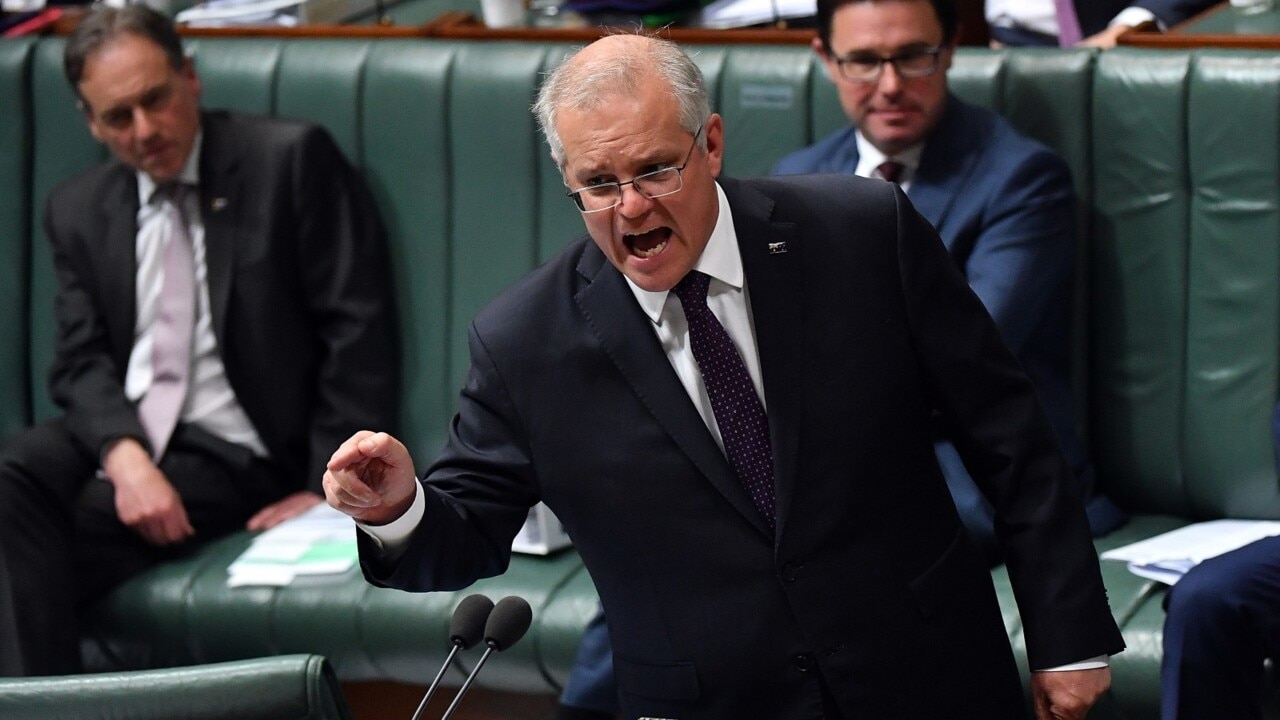
Federal Election
Don't miss out on the headlines from Federal Election. Followed categories will be added to My News.
We’ve endured a deadly pandemic, horror floods and political scandals in the past six months, but ask Aussies what stories have really resonated with them and they’re much more likely to talk about Djokovic getting the boot, Barty saying goodbye and the Will Smith smackdown.
There’s a lesson for our political leaders here: As Scott Morrison and Anthony Albanese fight each other for power, they’re also fighting the broader pop cultural sphere for relevance among young voters in an ever-fragmented, streaming-driven and tech-dominated world.
New research has revealed two-fifths of our Gen Z population – those born in 1997 and beyond – are more likely to be able to name members of the Wiggles than the state premiers. More broadly, 42 per cent of Australians admit they are more confident naming our national cricketers than state premiers and chief ministers.
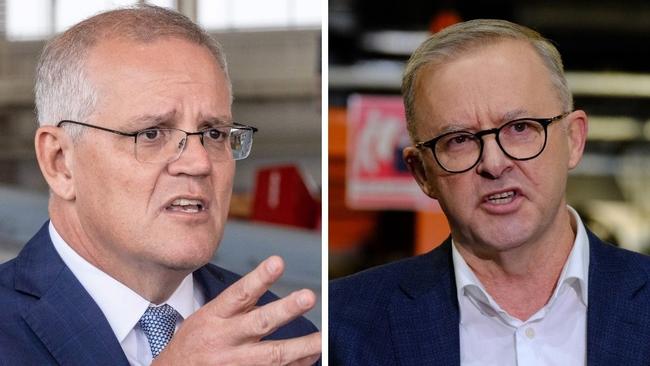
According to the Flash Report, based on research conducted by YouGov, Aussies are more likely to recall news about Djokovic’s deportation (52 per cent), Ash Barty retiring from tennis (47 per cent) and Will Smith’s slap at the Oscars (46 per cent), than the government’s response to floods (38 per cent) or the vaccine rollout (20 per cent).
Apparently, sport stars and celebrity scandals weigh far more heavily on Australians’ memories than election policies.
The same survey also confirmed Labor leader Anthony Albanese’s weight-loss and image overhaul may pay dividends with voters because 70 per cent of those surveyed base their opinions of political leaders on “image-related” qualities. Just last week, Albo donned a stylish trench coat for a feature interview with 2021 Australian of the Year Grace Tame for InStyle magazine.
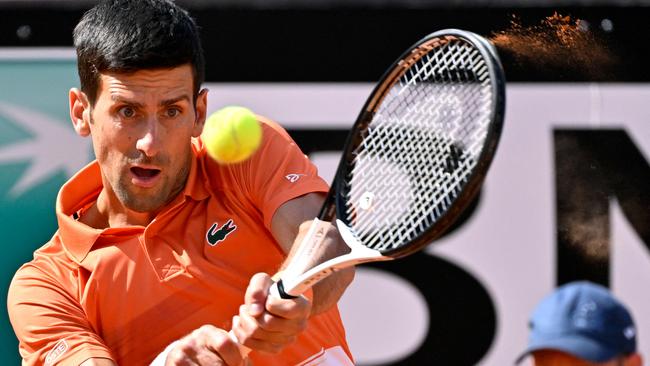
In March, the Prime Minister had a different take on what makes someone look “prime ministerial”. In a sit-down Pub Test with Sky News’ Paul Murray and a roomful of voters, Mr Morrison was very critical of Albo’s weight-loss and rejuvenated appearance. The PM, by way of contrast, declared he still had the same glasses, the same suits and the same love of cake because when you’re prime minister, you can’t “pretend to be someone else”.
Subtle.
With all the sly digs and overt shouting matches (anyone catch that second leaders’ debate?) for many, the election campaign has felt like a never-ending marathon and barrage of press conferences with more style than substance.
Despite all the drama, people are still tuning out.
How many times have you heard recently, within your own family, friendship and social circles, the statement, “They’re all as bad as each other”?
And that is a very big problem. For all sides of politics.
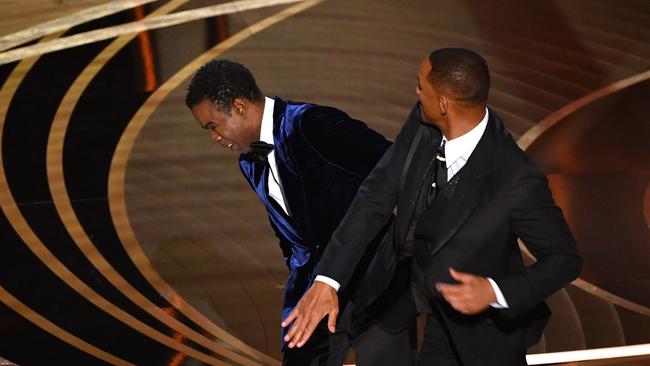
Flash executive director Kate de Brito said: “Australian politics is proving to be the nation’s juiciest reality show and there’s never been more reason to stay informed.”
Now, that’s harder than you think – especially when the information thrown at voters every day is often confusing and purposefully verbose.
Indeed, the Flash Report found the majority of respondents thought today’s political dialogue was incomprehensible. Sixty per cent of Australians have absolutely no idea what pork-barrelling even means. As many as 1.3 million Aussies believe it is some sort of social media trend. (For the record, pork-barrelling refers to when taxpayers’ money is directed towards local projects in the hope of buying votes.)
Even more worryingly, just 11 per cent say they confidently understand the policies from either major party.
It’s a conundrum for policy advisers and media strategists.
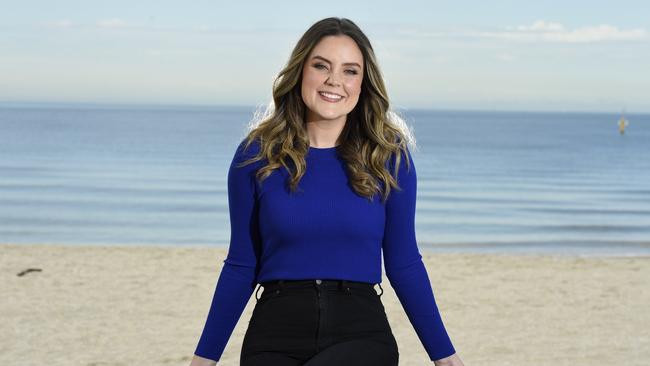
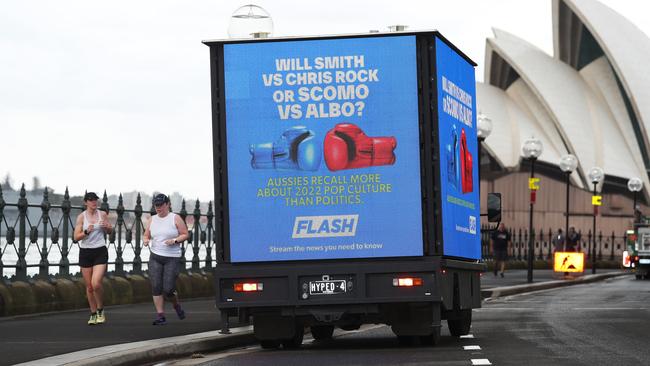
Politicians find themselves in a desperate battle for free air. Especially with the younger generations. But the incessant political jargon and insipid party lines rolled out at the daily media calls is readily switch-off-able.
In this context, perhaps it’s understandable Gen Z voters remain a mystery for traditional politics, especially with both parties focusing the campaign on national security and the economy (areas that resonate with older voters) over the threat of climate change (which resonates with younger voters).
So, how do you re-engage an actively disengaged demographic?
I don’t have the answers. Crucially, it appears neither do the politicians.
More young voters are able to answer how many Game of Thrones seasons have aired than how many prime ministers this country has had over the past 10 years. This shows a problematic winter – fuelled by disillusioned voters who place pop culture ahead of politics – isn’t just coming, it is set to hover over many more governments to come.
Georgie Tunny is a presenter, news addict and proud Taylor Swift fan. You can stream her updates daily on Flash, a streaming service that brings together more than 25 news channels in one place. New to Flash? Try one month free. Offer ends 31 October, 2022
More Coverage
Originally published as Report reveals biggest struggle in the fight for Australian voters



